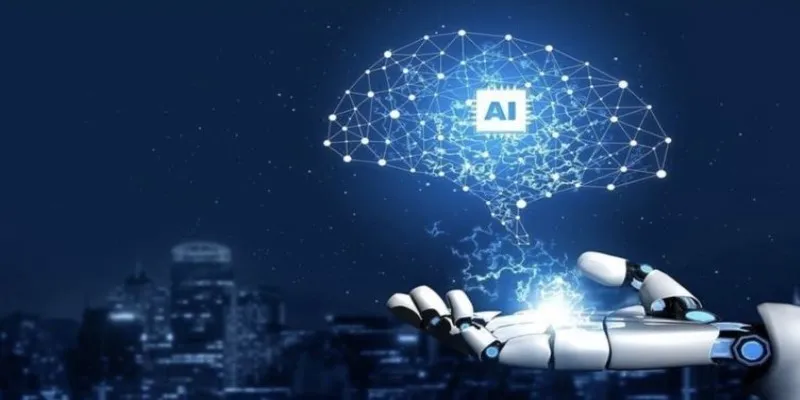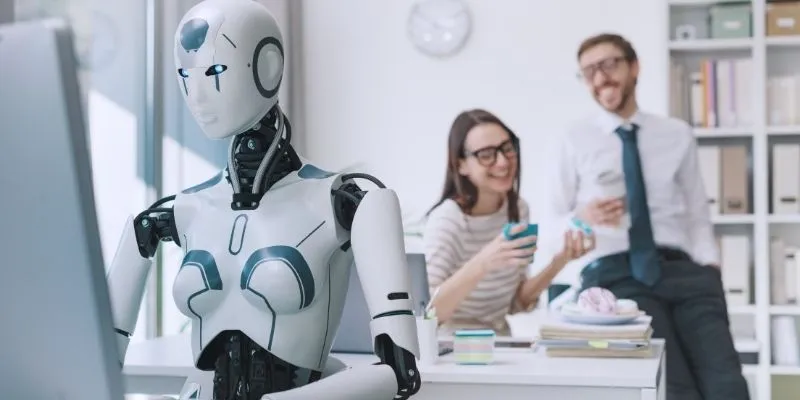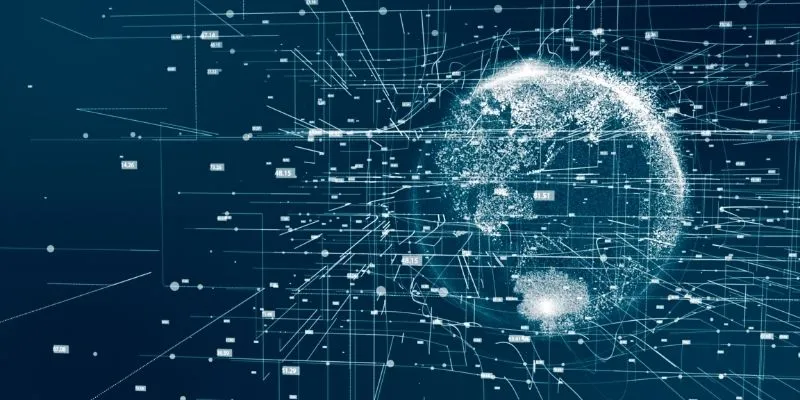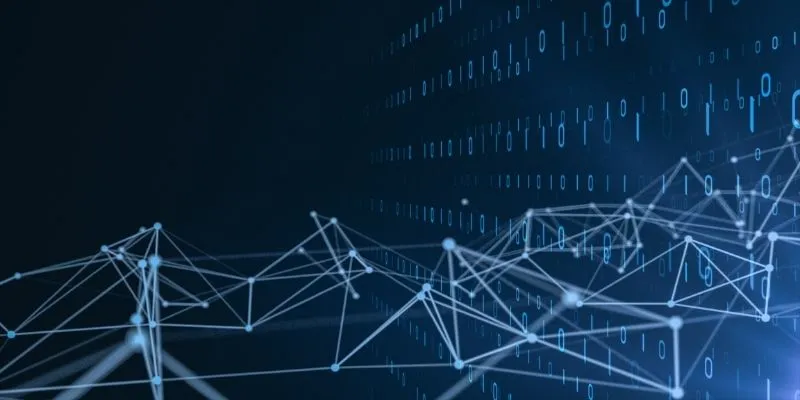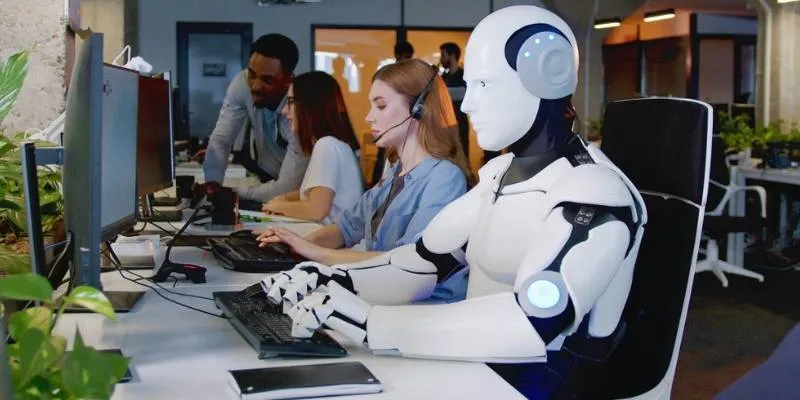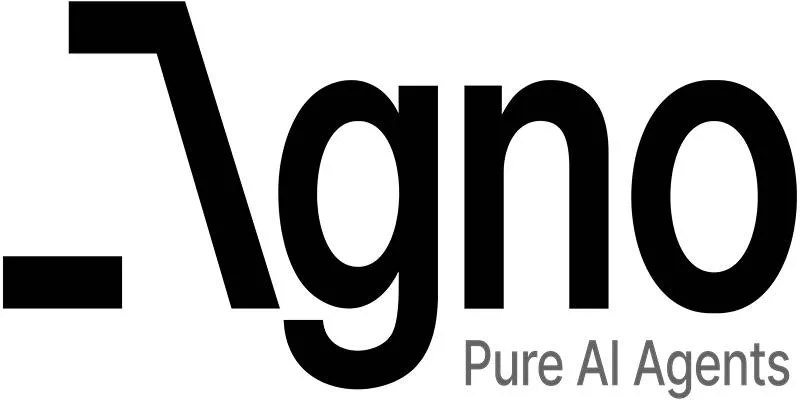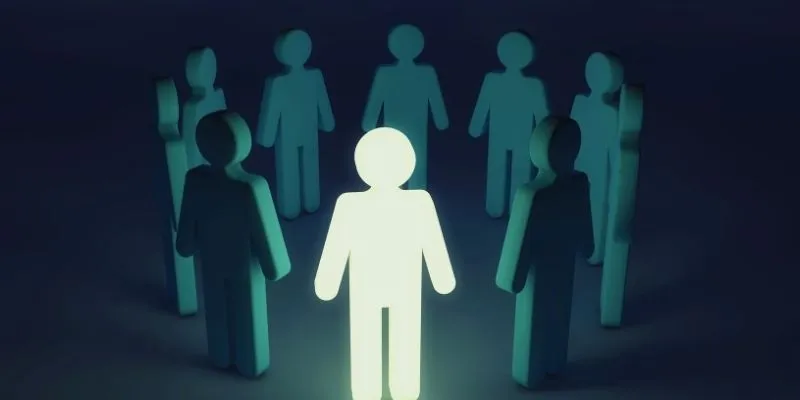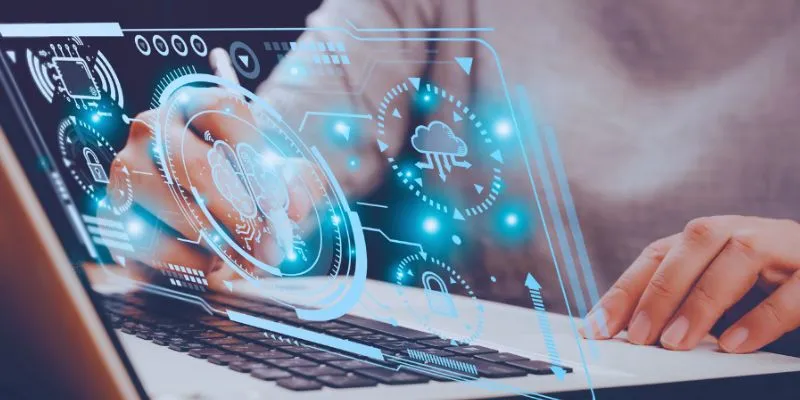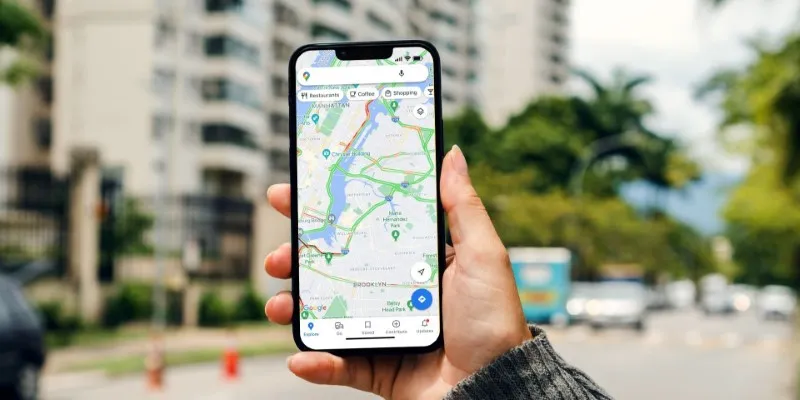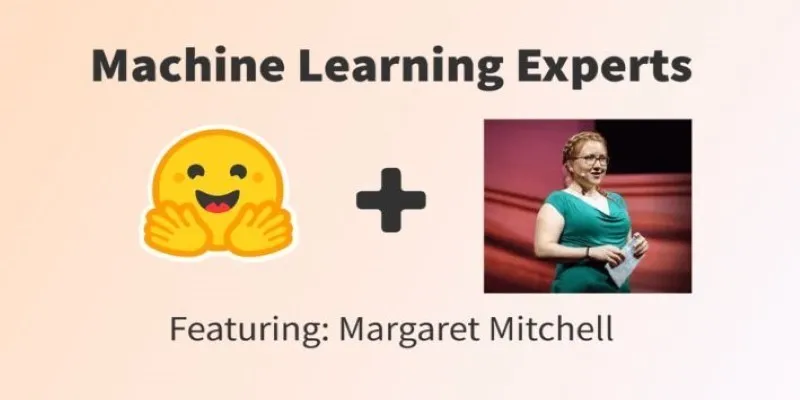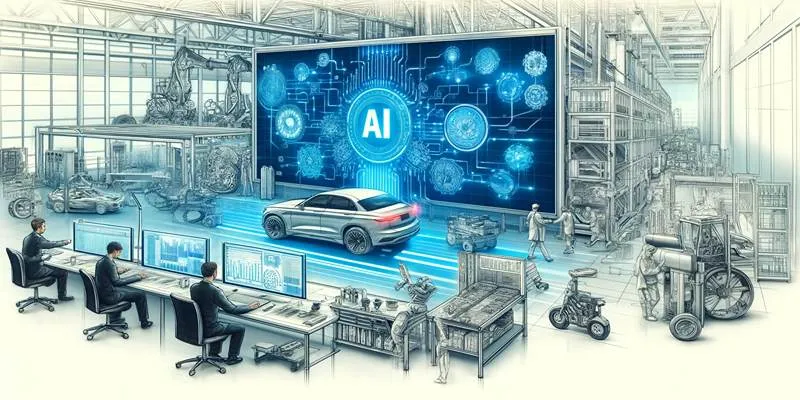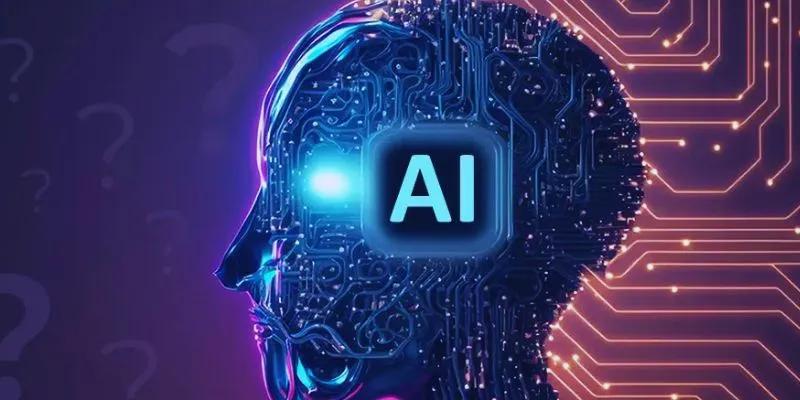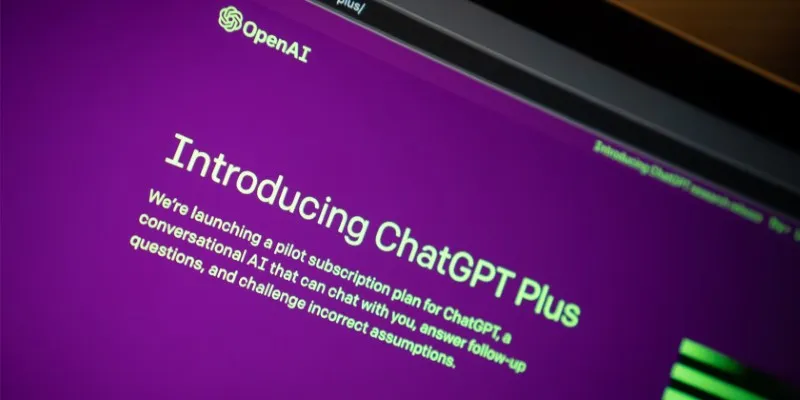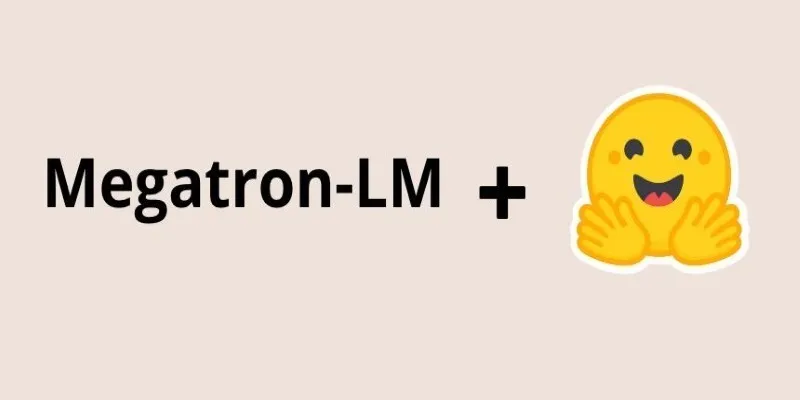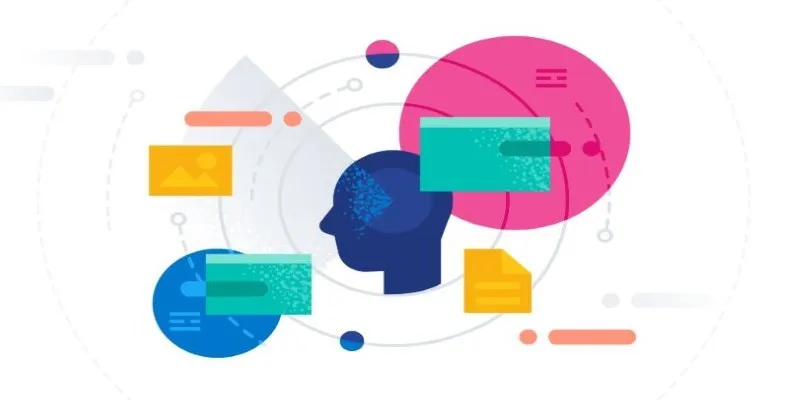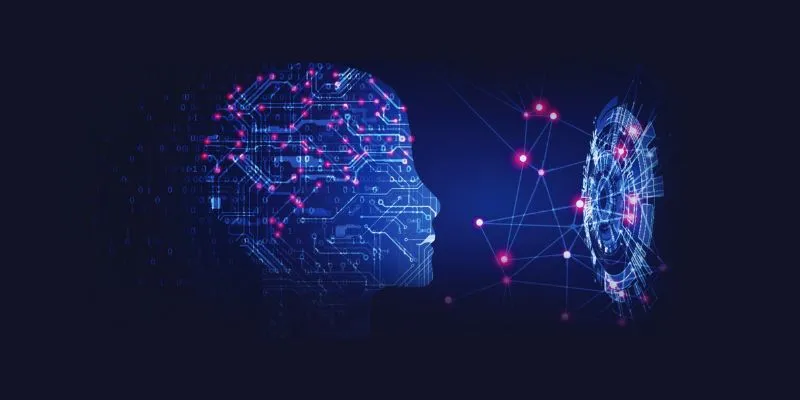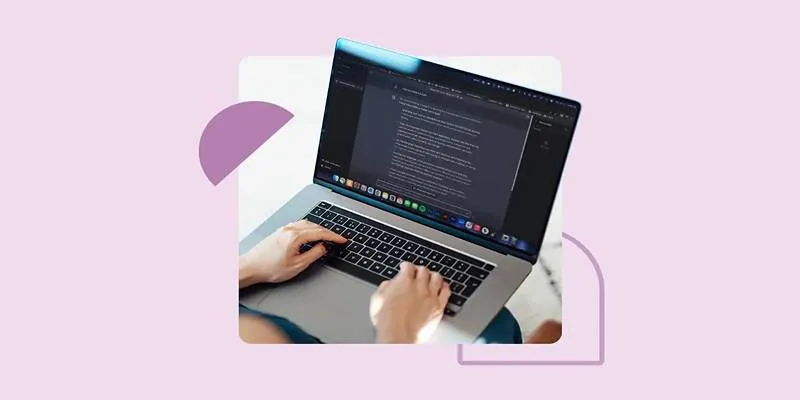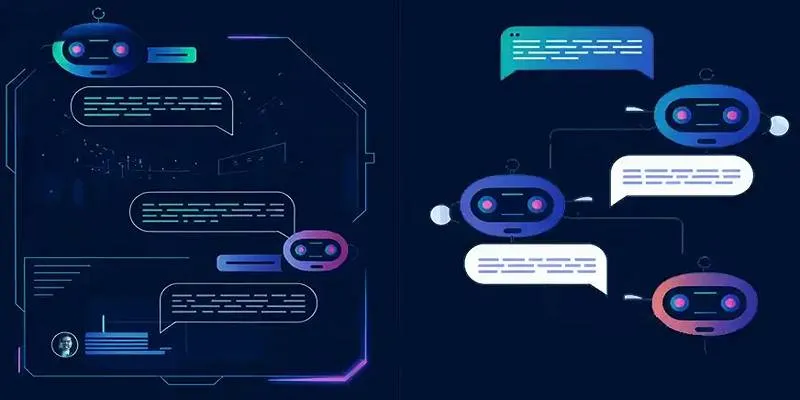Creativity has always been considered a unique human trait, fueled by emotions, imagination, and personal expression. However, with the advancement of artificial intelligence (AI), a new question arises: Can machines be creative? AI is now capable of writing poems, composing music, and creating art, prompting us to ask whether AI is truly creative or merely rearranging existing data patterns.
This article delves into the concept of creativity in the age of AI and examines whether AI can genuinely be creative. The answer is complex, offering valuable insights into the future of technology and human imagination.
Understanding Creativity and AI’s Approach
Creativity is often linked to originality, imagination, and emotional depth. It stems from personal experiences, emotions, and a desire to tell a story or share an idea. Humans create from joy, sadness, curiosity, or inspiration. In contrast, AI lacks emotions and does not perceive the world as we do.
AI systems are built on data. Machine learning algorithms learn from millions of examples, identifying patterns in language, sound, or imagery. When AI creates a painting or song, it doesn’t experience inspiration; it analyzes numerous pieces or songs in its database and synthesizes something new based on learned patterns.
AI’s strength lies in its ability to process vast amounts of information quickly, enabling it to produce impressive work—rhyming poems, harmonious music, or images resembling famous paintings. However, this is not human creativity, which is rooted in individual experiences, culture, and emotions.
This brings us back to the central question: Can AI be truly creative? To answer this, we must understand the boundaries of AI creativity and how it differs from human creativity.
The Strengths of AI in Creative Tasks
AI has demonstrated remarkable capabilities in creative fields. In graphic design, music production, and writing, AI tools are becoming increasingly popular. For instance, companies use AI to design logos, write product descriptions, and generate marketing slogans. This shows that AI and creativity can coexist, particularly for tasks requiring speed and efficiency.

One of AI’s primary strengths is its ability to generate multiple versions of an idea quickly. If a company needs ten different logo designs in minutes, an AI tool can deliver. This task would take a human designer hours or even days. In this way, AI supports creativity by handling repetitive or time-consuming tasks.
AI is also adept at identifying trends and patterns. In music, AI can analyze popular songs and create tunes that align with current tastes. In writing, AI tools can suggest better word choices or enhance sentence flow based on successful writing patterns.
However, these abilities are reliant on pre-existing data. AI does not create from personal experience or a desire to express itself. It simply reinterprets what it has learned, which is why many experts believe that while AI can assist creativity, it does not replace true human creativity.
The Limits of AI Creativity
Despite its impressive outputs, AI’s creative efforts lack emotional depth. Human creativity often conveys emotions and personal stories, such as love or grief. AI-generated poems may have the correct structure, but they miss the emotional connection stemming from genuine human experiences, making them less impactful than human-created work.
Another limitation is originality. AI systems depend on the data they are trained on. If the training data is limited or biased, the creative output will reflect that. AI cannot create something entirely new without a foundation. It does not imagine new worlds or dream up ideas from scratch; it mixes and matches existing content to create variations.
Additionally, AI does not understand context like humans do. It can create visually appealing art, but it might not grasp cultural meaning, symbolism, or humor in the same way a human artist would. This raises questions about whether AI-generated content can ever match the depth of meaning found in human-made art.
When we ask, “Can AI be truly creative?” the answer depends on our definition of creativity. If creativity is about generating something that appears new, then AI fits the role. But if creativity involves emotion, imagination, and personal experience, AI falls short.
The Future of AI and Human Creativity
The future of AI and creativity will likely focus on collaboration rather than competition. AI has the potential to assist humans by handling repetitive tasks, generating ideas, and accelerating creative processes. However, the essence of creativity—imagination, emotional expression, and personal storytelling—will likely remain rooted in human experience.

AI is already being utilized across various creative fields. Writers use AI tools for brainstorming and grammar correction, while musicians rely on AI for melody suggestions. Graphic designers explore new styles and create templates with AI. This collaboration between humans and machines highlights how AI and creativity can complement each other.
Despite AI’s growth, it will always depend on data and will never experience emotions, memories, or personal experiences that fuel human creativity. Some experts believe that AI could become more creative by better understanding human preferences, but it will still lack the emotional depth humans bring to their creative work.
The ethical implications of AI in creativity are also crucial. Questions like who owns AI-generated art and whether it should be treated the same as human- made work must be addressed. Ultimately, while AI will continue to be a valuable tool, the human spirit of imagination will always lead the way in true creativity.
Conclusion
AI is a powerful tool that can assist in creative tasks, but it cannot replace the human essence of imagination and emotional expression. AI can support creativity by speeding up processes and generating ideas, yet true creativity stems from personal experiences and emotions. As AI continues to evolve, it will enhance creative work, but the core of innovation and storytelling will always belong to humans. AI and human creativity will thrive together but never compete.
 zfn9
zfn9

